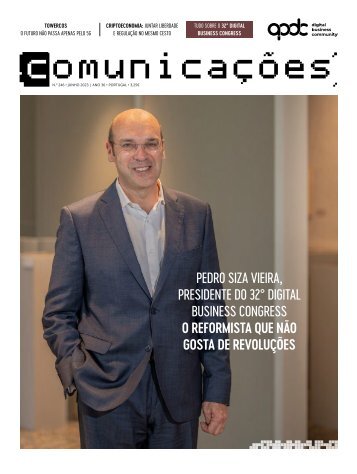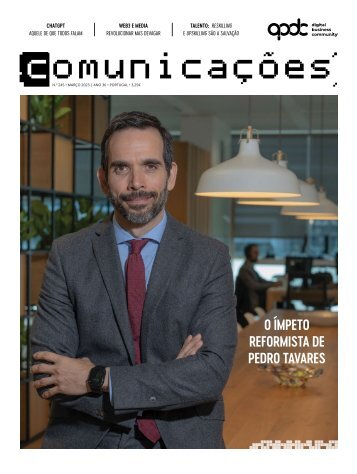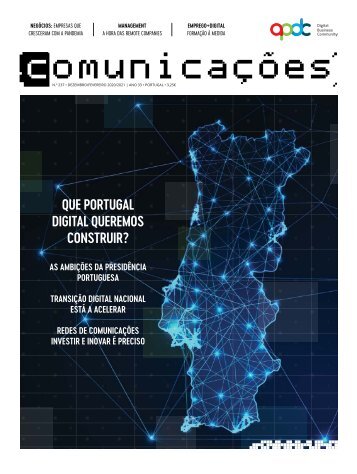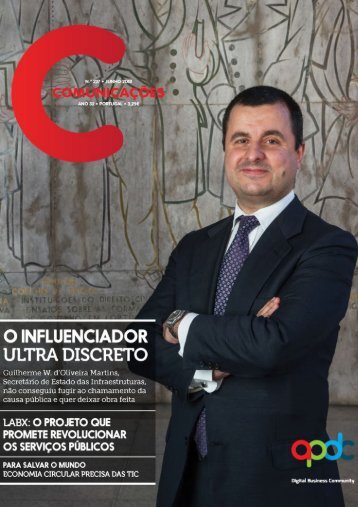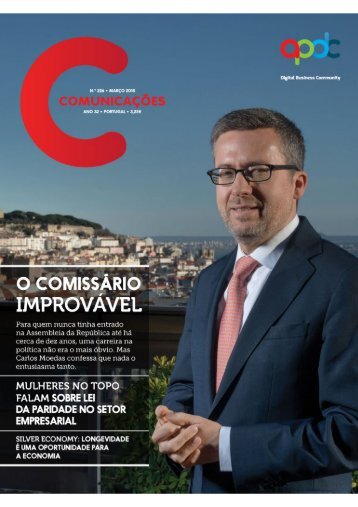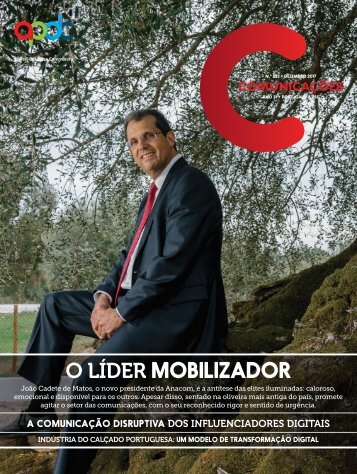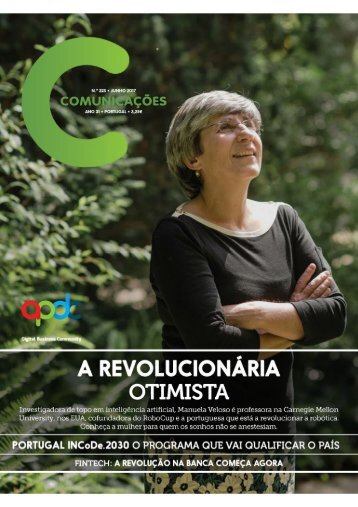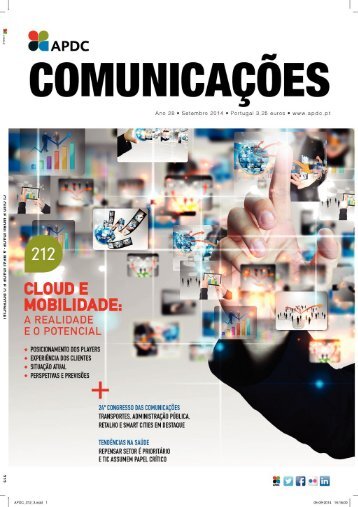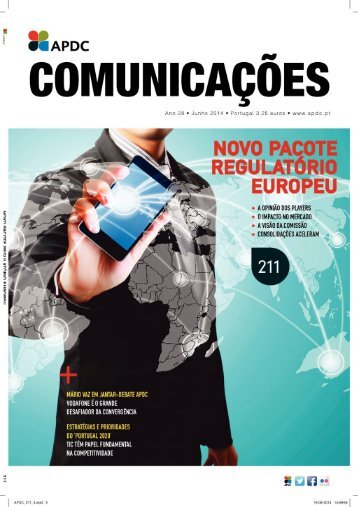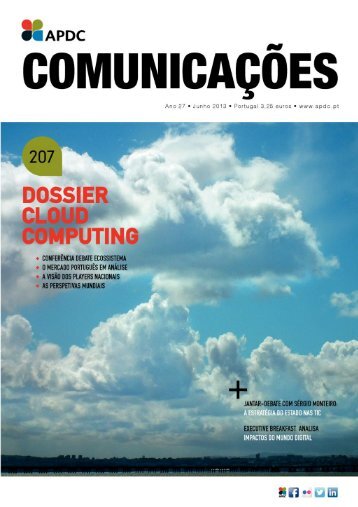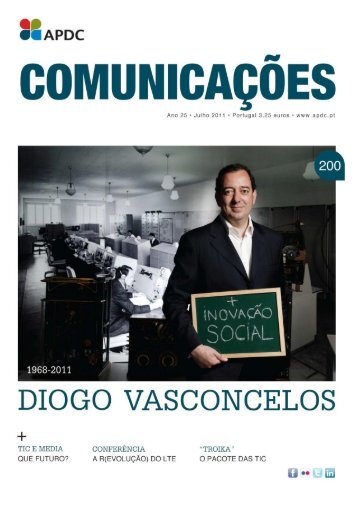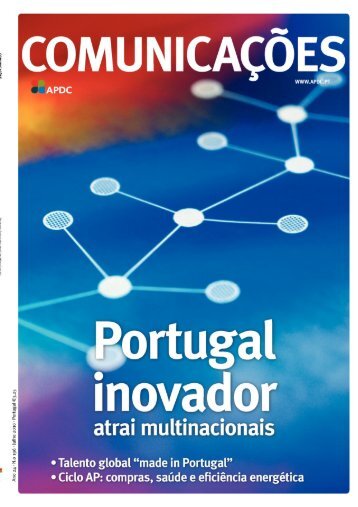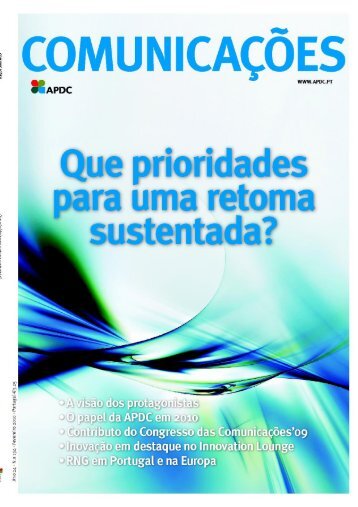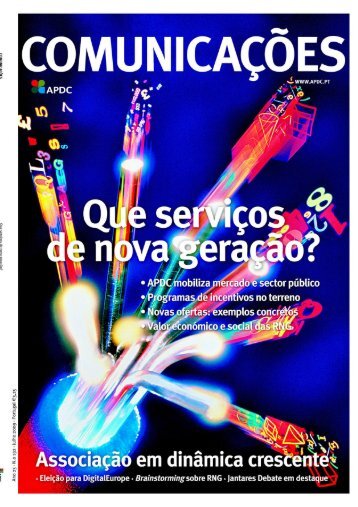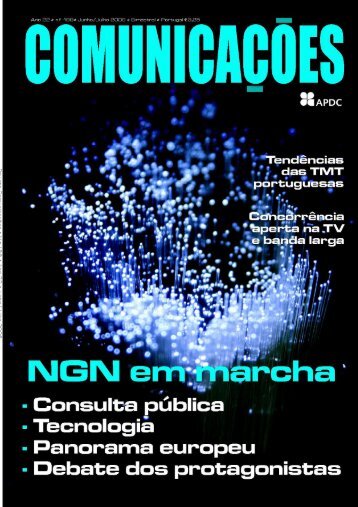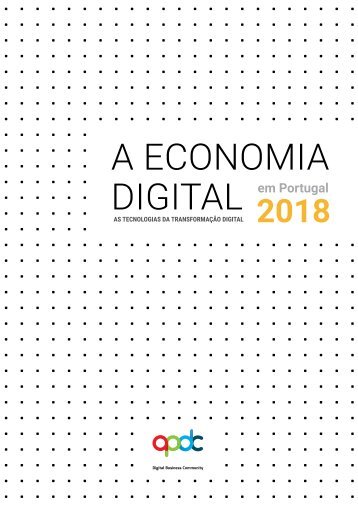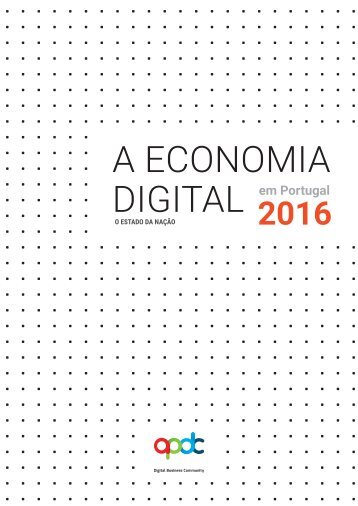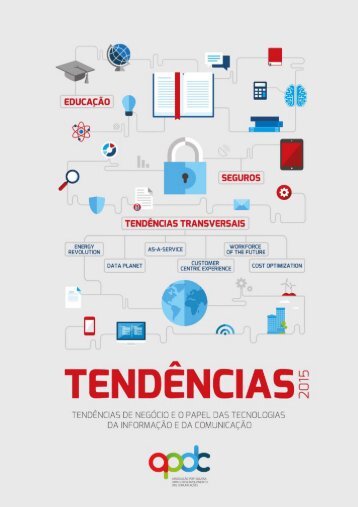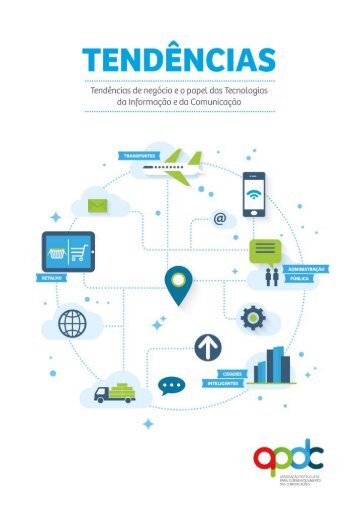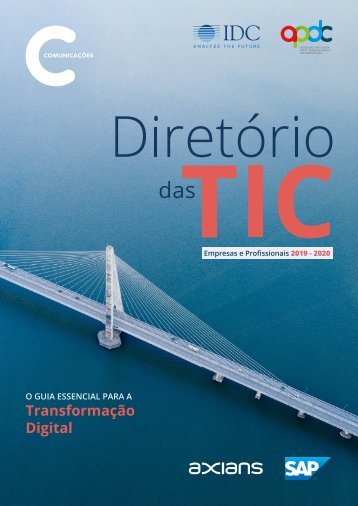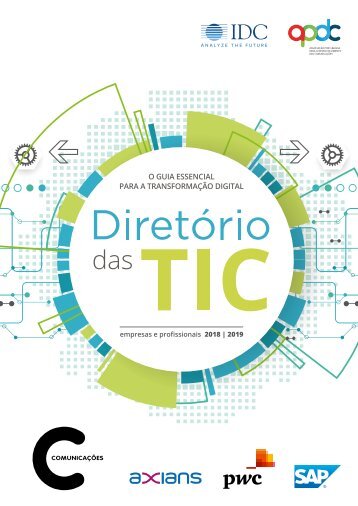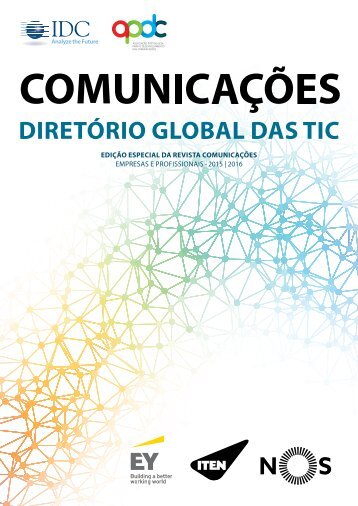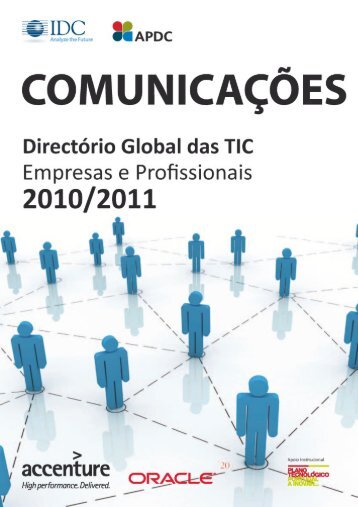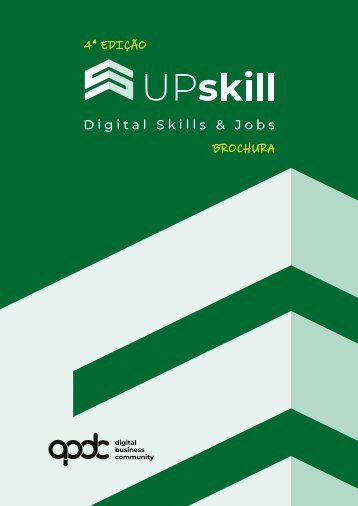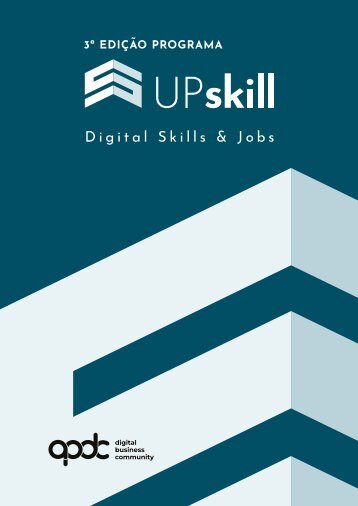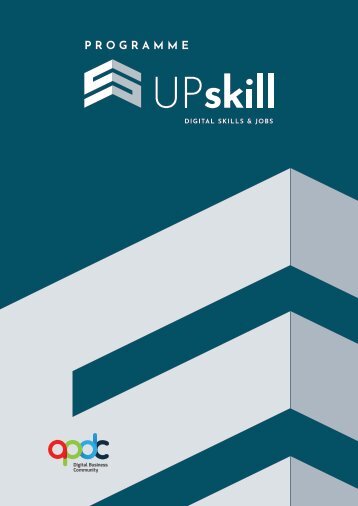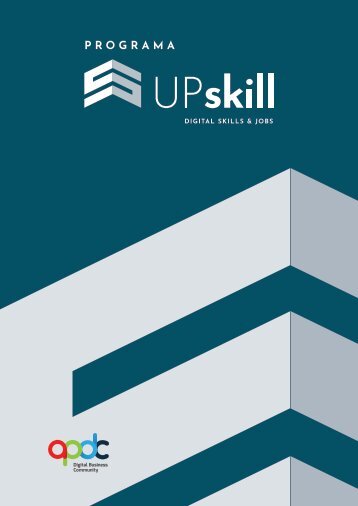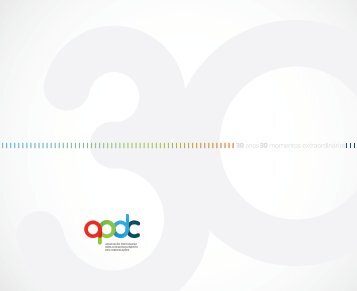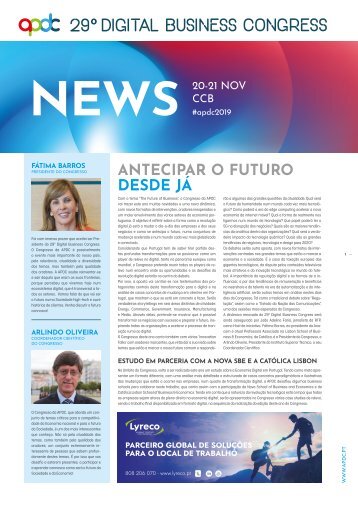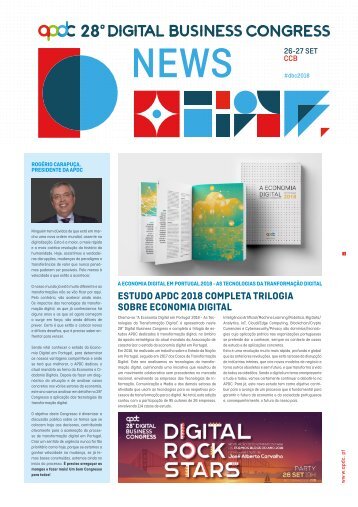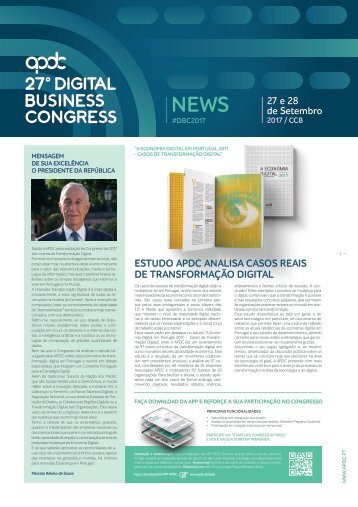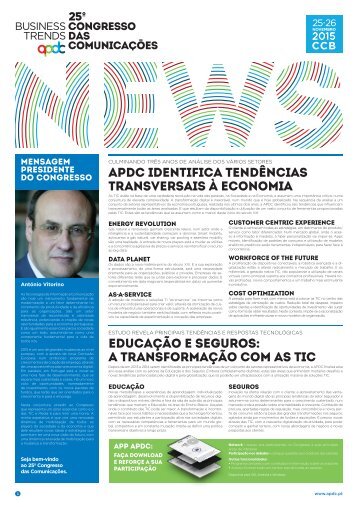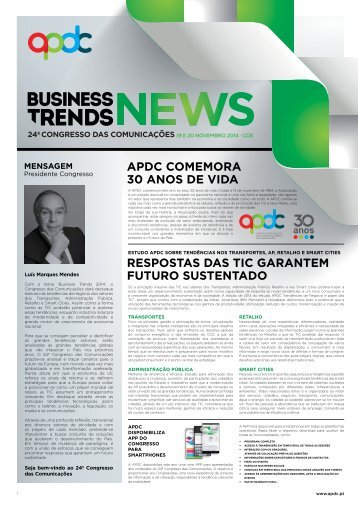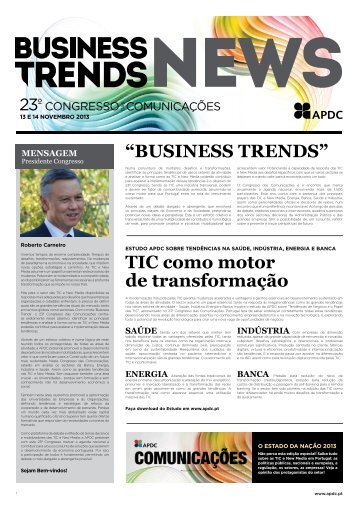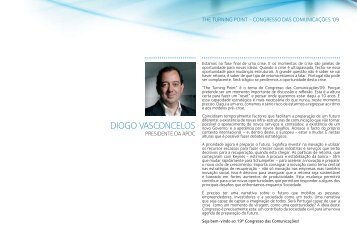NEARSHORE PORTUGAL - TRENDS ON TALENT MANAGEMENT - 3rd Edition
- Text
- Organisations
- Future
- Apdc
- Portugal
- Retention
- Neashoring
- Outsourcing
- Management
- Challenges
- Study
- Talent
- Companies
- Employees
- Recruitment
- Neashore
Evolution of the main
Evolution of the main indicators compared to the 2 nd edition NEARSHORE PORTUGAL - Tendências na gestão de talento The pandemic has shown us new ways of working, new ways of managing people, new priorities, and new challenges, Now, we are already evaluating which changes remain and which will arise due to the current economic and social context. These unavoidable changes may also have been at the genesis of some changes that were observed in the results presented in this 3rd Edition of the Nearshore Study in Portugal, compared with those found in the 2nd Edition, particularly in the field of compensation and employee wellbeing. Regarding Compensation, more than half of the participating companies (51%) indicate that changes are planned, due to the current economic context, with the most relevant changes being adjustments to the incentive plan (targets/payments) (25% of the companies) and an increase in the base salary (24%). Regarding the Benefits structure, food allowance (96%), health insurance (91%) and flexible benefits plan (67%) are in the top preferences of Nearshore companies in Portugal in 2022. Despite not being in the top of benefits, personal accident insurance saw a 29pp increase since the last edition and is present in 62% of Nearshore companies in Portugal today. The flexible benefits plan has also seen an increase of 24pp in Nearshore companies and is indicated by 16% of the companies as the top priority benefit to implement in the near term. Next is the Pension Plan, with 11% of companies indicating that they intend to implement it in the short term, and 43% of companies participating in this edition indicating they already provide this benefit. As far as Health and Wellness policies are concerned, and when questioned about initiatives already implemented at the Healthy Lifestyle level, companies highlighted i) encouraging employees to stay at home when they are sick (84%), ii) ecological initiatives (65%) and iii) discounts for gym members (51%). As for the initiatives to be implemented in the short term, the priorities are i) making healthy snacks available at the office (31%), ii) implementing walking meetings (29%) and iii) discounts for gym members and incentives for walking or biking to work (both with 27%). In a context where Mental/ Emotional Health are central themes in society, it is also important to underline that it involves the benefits that companies highlight, being the most relevant: i) Social events, such as summer/ Christmas parties (90%), ii) Promote mental health awareness and counseling (57%), ii) Mental health first aid workshops (32%) and iii) Stress management workshops and volunteer/community service days (both with 47%). As priorities to implement, the companies highlight the stress management workshops, the tax planning workshops, the basic financial planning/ financial management workshops and the mental health first aid workshops (all with 29%). The work model was one of the points that most changed in companies due to the pandemic, with 67% of Nearshore companies in Portugal currently working in a hybrid model, 95% have already implemented virtual recruitment and interview processes and 76% perform virtual onboarding processes. As a result of this context, companies consider as priority benefits to be adjusted i) internet at home/mobile internet (23%), ii) parking at the office (18%) and iii) co-payment of electricity expenses and acquisition of additional technology (computers, printers, tablets, etc.) both with 14%. As a result of this context, companies consider as priority benefits to be adjusted: i) internet at home/mobile internet (23%), ii) parking at the office (18%) and iii) sharing of electricity expenses and acquisition of additional technology (computers, printers, tablets, etc.) (both with 14%). 32
7 What's next?
- Page 1 and 2: NEARSHORE PORTUGAL Trends on talent
- Page 3 and 4: 1Introduction
- Page 5 and 6: 2Engaged Companies
- Page 7 and 8: 3 Study Framework
- Page 9 and 10: Study Framework NEARSHORE PORTUGAL
- Page 11 and 12: Study Framework NEARSHORE PORTUGAL
- Page 13 and 14: Emea Context 2021 Top 1 2 NEARSHORE
- Page 15 and 16: 5PT context (survey results)
- Page 17 and 18: Presentation and Analysis of Result
- Page 19 and 20: Workforce NEARSHORE PORTUGAL - Tend
- Page 21 and 22: Workforce NEARSHORE PORTUGAL - Tend
- Page 23 and 24: Workforce If you had to identify th
- Page 25 and 26: New Work Models and Future Challeng
- Page 27 and 28: Rewards - Compensation and Benefits
- Page 29 and 30: Wellbeing - Wellness and resilience
- Page 31: 6Evolution of the main indicators w
- Page 35: Contacts: Contacts: Gonçalo Polica
Inappropriate
Loading...
Mail this publication
Loading...
Embed
Loading...





